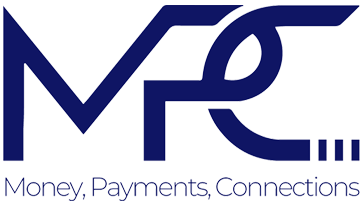by Nancy Hammervik
It’s not controversial to say that the technology industry has drastically changed over the past ten years. Everywhere we turn, we see evidence of technology being more ingrained in society and business. There are comparisons to the Industrial Revolution, and it doesn’t feel like a stretch to think that the disruptions caused by a digital economy will be even more significant. As the premier trade association for the tech industry, CompTIA is a critical resource for both companies and IT professionals trying to navigate this new environment.
Many people may be familiar with CompTIA’s IT certifications, such as A+ or Security+, but CompTIA offers much more beyond those certifications. First and foremost, CompTIA has a strong membership organization, representing IT professionals through CompTIA AITP and technology firms through premier corporate memberships. CompTIA also represents the regulatory interests of the industry through advocacy efforts and explores workforce issues through a philanthropic foundation.
Changing the Channel
The corporate space is where some of the most drastic change is taking place. In the early days of the tech industry, the IT channel served as the primary enablement avenue between vendors and end users. Distribution, value-added reselling, and managed services were all key parts of moving technology into a business and implementing solutions. Relatively low levels of technical literacy and constrained go-to-market routes created a demand for specialized skills and vendor relationships that most companies could not justify building in-house, so IT channel firms found success in delivering technical expertise.
Today, the enablement layer is far more complex. New types of firms are providing digital services, such as digital marketing agencies that typically see themselves as separate from the IT function. There is a far greater degree of vertical specialization, to the point where a data analytics firm operating in the healthcare space is more likely to identify with the healthcare industry than the technology industry. In many cases, the end buyer in an organization is outside the IT department creating a need for new ROI calculations and tighter collaboration with IT to avoid integration pitfalls. Through advisory councils, member communities, industry research, and prescriptive research, CompTIA hopes to connect every firm participating in the business of technology.
CompTia and MPC: Let’s Have a Conversation
This makes a relationship with the Mobile Payments Conference a natural fit. With MPC expanding its platform to address a variety of issues happening at the intersection of finance and technology, CompTIA is excited to be part of the conversation. Mobile payments are a starting point, and even though mobile solutions have been in place for years, there are still huge opportunities in fully embracing this agile and omnipresent computing model. From there, the discussion shifts into the broader changes in FinTech, including blockchain, ICOs, and cryptomining. Finally, there are macro issues related to digital transformation and the ways that businesses are reorganizing around new technology models.
CompTIA is excited to be part of Mobile Payments Conference this August 22 – 24, 2018 in Chicago. Please join us for our panel discussion on Wednesday afternoon, and visit our booth to hear our thoughts on the new technology landscape and learn about our member benefits. With a wide range of emerging technology entering the market and a diverse set of partnering opportunities available to businesses, the technology community is expanding dramatically. We look forward to working with Mobile Payments Conference and with you as we explore the digital future.







